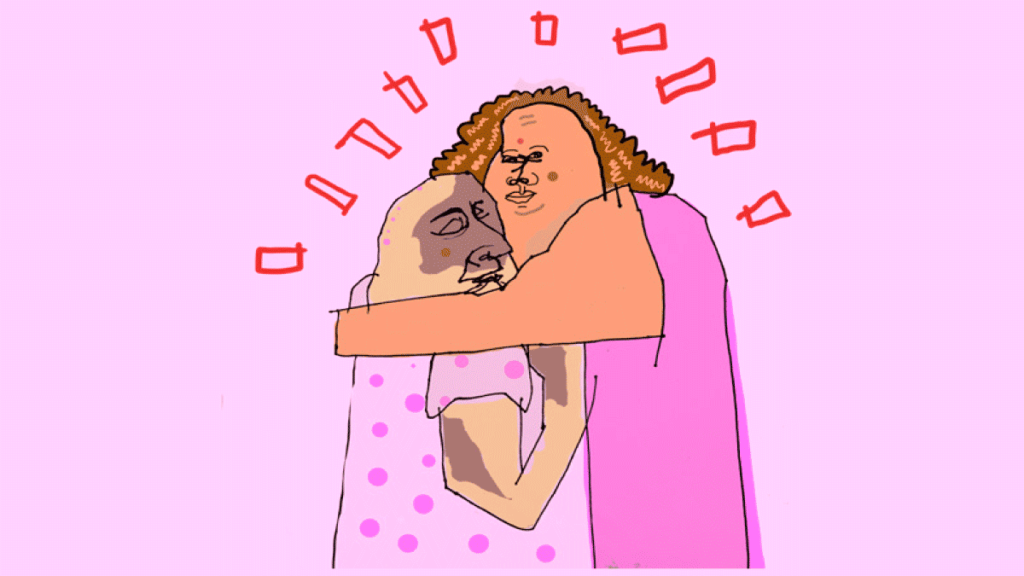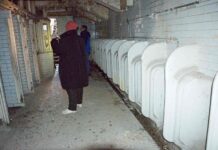
The pandemic has exacerbated sexual health risks facing BAME communities in Lambeth. Matt Spivey looks at a report by Love Sex Life – a partnership commissioned by three South London councils to work on inequalities in sexual health
A report by Love Sex Life on transforming sexual and reproductive health for BAME communities in Lambeth, Southwark and Lewisham found systematic inequalities have heightened since the start of the pandemic.
Love Sex Life (LSL) conducted research for its report between April and August 2020. It found that 95% of the 150 people surveyed had not been informed by their GP or local health service about how to access sexual and reproductive health services during lockdown.
As of 2018, Lambeth, along with Southwark, had some of the highest rates of sexually transmitted infections (STIs) in the country, with 3,392 diagnoses per 100,000 people in Lambeth – shockingly high compared with the national average of 784.4 diagnoses per 100,000.
Approximately a third of people surveyed admitted they were not regularly being tested for STIs while 17% said they had never had an STI test.
HIV, and the stigmas still surrounding diagnosis, is one of the key areas of the report which found there to be a sense of shame and reluctance to attend sexual health services.
The report said that 21% of men and 30% of women surveyed would not seek HIV testing because of the stigma.
The report states: “There is a growing body of evidence which demonstrates that the development of sexual and reproductive medicine has relied on unethical medical research, often on colonised populations.
“With western sexual and reproductive health deeply rooted in practices of experimentation and of mass sterilisation for colonised women as a means for population control, this has created an inherited mistrust for many people from former colonised territories.
“These factors have been linked to poor sexual health outcomes for people from BAME backgrounds and lower levels of trust in health services.”
Interviews were conducted with service users of NAZ, a BAME-led sexual health agency, who are living with HIV for more insight into HIV-specific research.
The NAZ project works in BAME communities to improve sexual and mental health.
Aicha Kallo, a women’s engagement worker at NAZ, said: “Many people living with HIV had immigration issues before the pandemic, and the sudden lack of information, long waiting times and lack of available support have made their situation worse.
“Without the right to stay in the UK, they do not have access to key services that are even more important in times of crisis, such as benefits, housing or childcare.”
This mistrust has led to the low numbers of members of ethnic minority communities attending sexual health clinics, with shame and stigma being two of the main reasons for the lack of STI testing.
A survey by LSL found that fear of judgement prevented 26% of participants from accessing sexual health services, while 20% avoided STI testing as a result of family pressures or privacy concerns.
For BAME LGBTQI+ residents of Lambeth, the lockdown has led to a number of people having to spend time with family or friends and hide their queer identity.
Jide Macauley from House of Rainbow, a support organisation, said: “We’ve actually had an increase of somewhere between 120 to 132% to our work.
“A number of people spending lockdown with family and friends have had to go back into the closet. LGBT folks in this situation have to hide their HIV medication if they’re in lockdown with their family.”
London was the first city to treat and virally suppress 97% of people living with HIV and, today, the city continues to surpass the UNAIDS 90-90-90 target as 95% of those living with HIV in London have been diagnosed, 98% of those have been provided with treatment and 97% of those treated have an undetectable viral load.
At a local level, Lambeth, Southwark and Lewisham have the highest rates of diagnosed HIV in England with over 8,700 of the boroughs’ residents having been diagnosed.
While there has been a reduction in new diagnoses of HIV in the area, the risk for Black communities, in particular, remains high.
Lambeth and Southwark datasets showed that in these boroughs the social group with the most exposure to the virus was men who have sex with men; in Lewisham it was heterosexual contact.
The total data collected showed that sex between men accounted for 53% of new HIV cases, followed by heterosexual females (14% of new cases) and then heterosexual men accounting for 13%.
The report found that, over the three boroughs, 64% of the men diagnosed with HIV were white, while 64% of women diagnosed with HIV were Black African.
The report says the solution to the rising sexual health risks to local BAME communities could include cultural sensitivity training programmes by BAME sexual health experts, local promotion of the sexual health services available, and translation services in the clinics.






